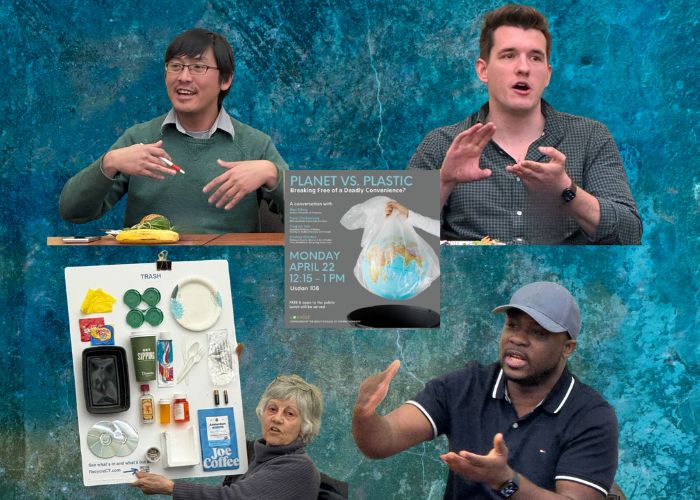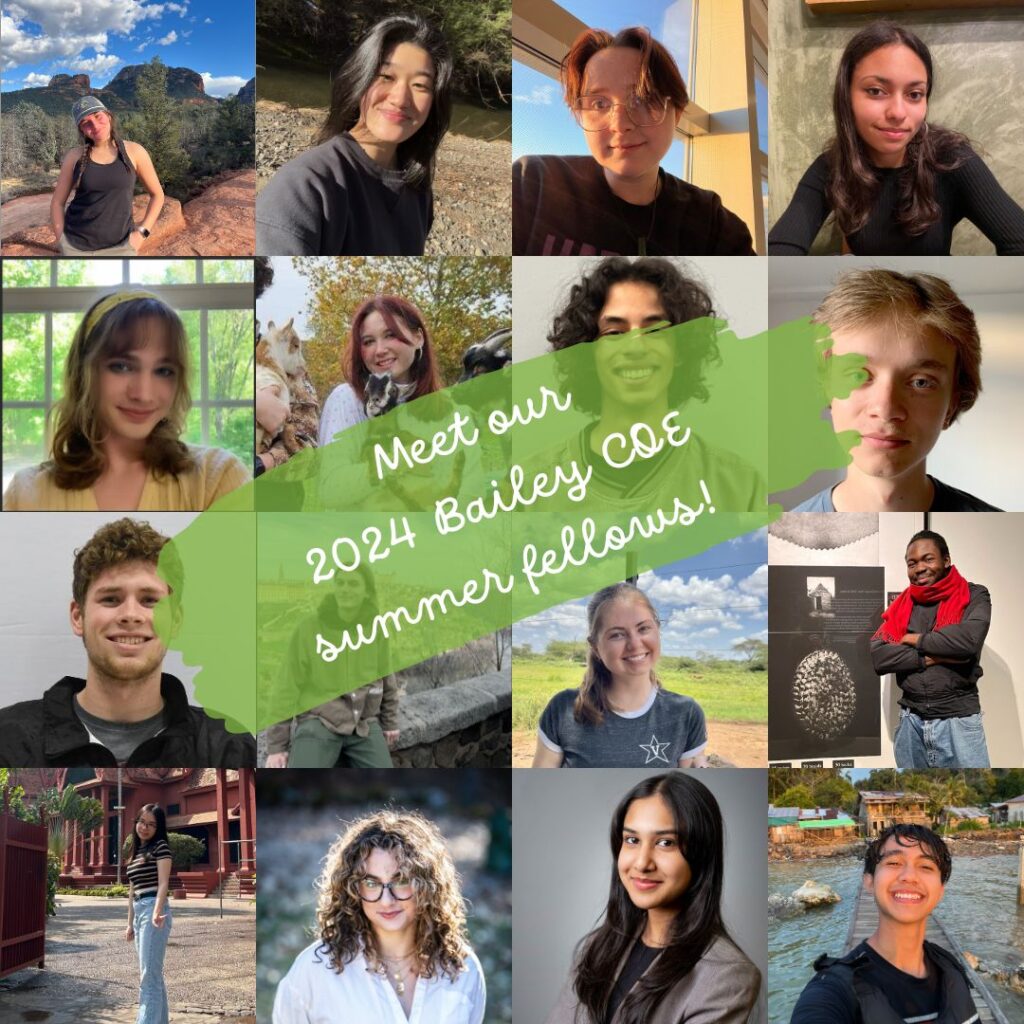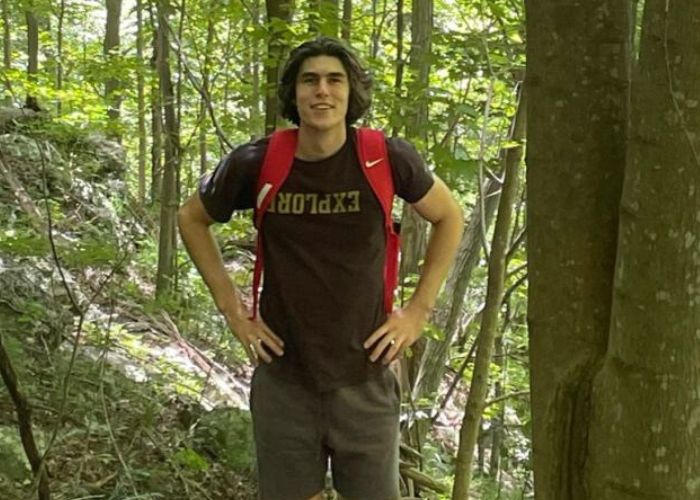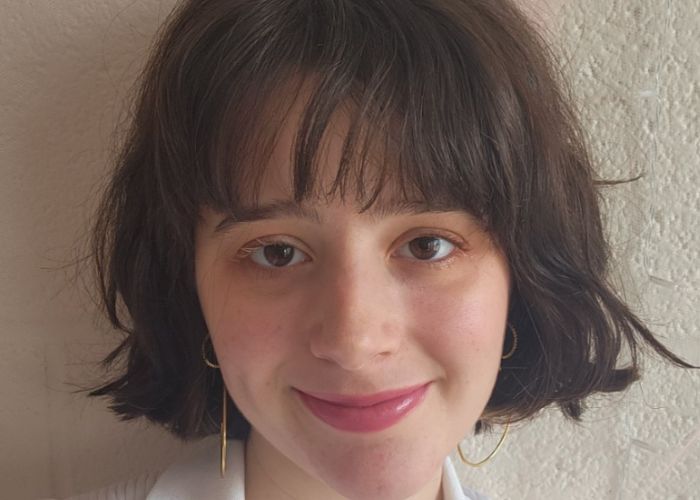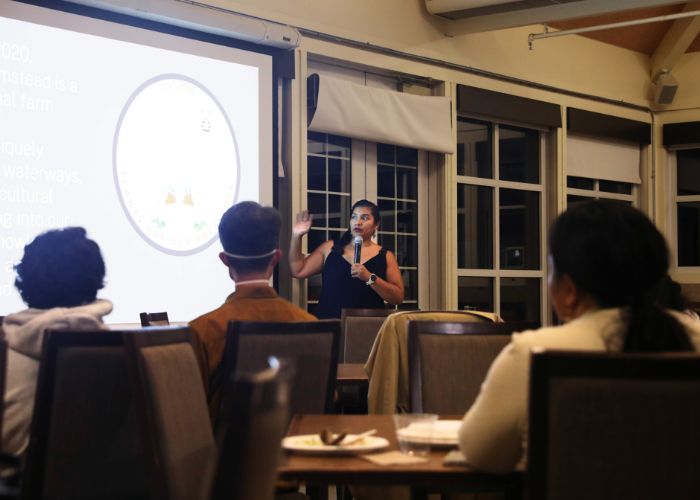
On September 26, the Bailey College of the Environment welcomed farmer and educator Liz Guerra to lead a workshop on BIPOC Farming: Farming with an Intersectional Lens. This was the latest installment in the land justice workshop series “Tending the Soil: Towards Land Justice in CT,” cosponsored by Wesleyan University’s Bailey College of the Environment and the People’s Saturday School. The event aimed to educate and spread awareness about the struggles of BIPOC farmers with land access and systemic racism, while bringing together a mix of Wesleyan students and community members from various organizations across the state. Liz runs SEAmarron Farmstead in Danbury, where she cultivates hemp and many types of vegetables with her partner Hector “Freedom” Gerardo. Hailing from Queens, New York, Liz is a full spectrum doula/birth worker, social justice advocate, and farmer. In addition to her work as an activist and independent farmer, Liz is an Adjunct Faculty in sociology at the University of Connecticut – Stamford.

